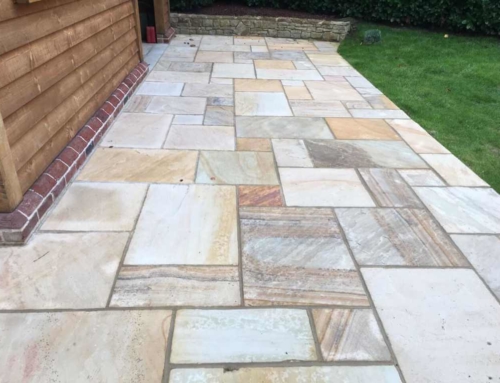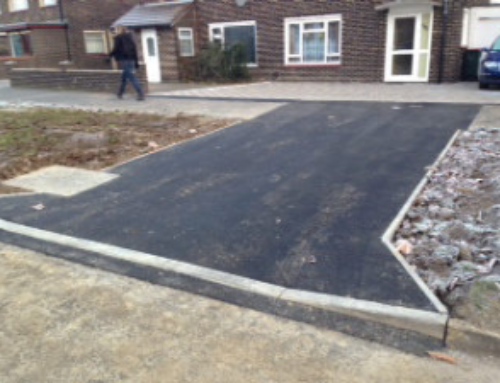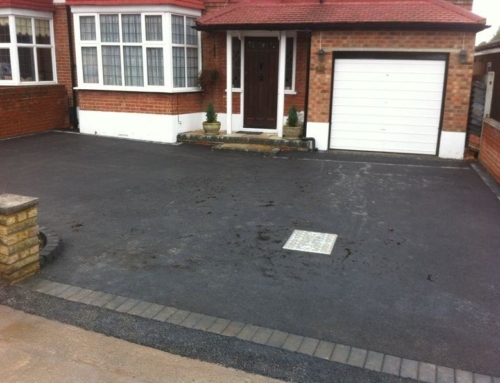The Importance of Groundworks
When undertaking a construction project – whether you are laying a driveway, creating a car park or extending your home – groundworks are one of the most important considerations. Built to make the finished result as strong and secure as possible, they involve making sure the ground is smooth, even and capable of safely holding and withstanding whatever pressure is placed upon it.
High quality groundworks are vital to ensuring that your surfacing is built upon a solid foundation, and there are several things you need to think about before starting any excavation work…
Assess your soil
One of the first, and most important, things which must be done before groundworks can begin, is a thorough soil survey, whereby a professional will analyse the type of soil you will be building or laying surfacing upon. This is incredibly important as the type of foundations you require will depend on the type of soil you have, in order to make sure they will be as secure and supportive as possible.
Additionally, the soil analysis will help to determine what kind of groundworks are required for your specific project, taking into account the purpose of your construction and what it will be used for. Then, once these two basic factors have been discussed, planned and thought about, you can move on to the next step and begin designing and scheduling the rest of your construction project.
Clear the topsoil
Before excavation can actually begin, all of the topsoil will need to be cleared away, taking any dirt, debris or vegetable material with it. Additionally, the area around the intended plot or surfacing area will require clearing in order to create paths or work routes for the surfacing contractors to use. A good recommendation is to dig around the area by roughly 200mm. However, if you are unsure or want an expert opinion on your specific project, a groundworks contractor will be able to advise you.
Types of foundation
There are various types of foundation which can be used to support your construction or surfacing project and your contractor will select the most suitable option based upon your specific requirements, the stability of your ground and the kind of soil present.
The most common types of foundation include:
Strip Foundations
Used for most home building projects, strip foundations are basically trenches in which the bases of the walls are constructed. Concrete is usually laid as a base, upon which cavity walls are built up until ground level is reached. Strip foundations are one of the most popular and commonly kind, as long as there is a sturdy soil base and the area is not predisposed to to being waterlogged.
Raft Foundations
A raft foundation works by dispersing the weight of a structure over a larger area, which means you can then lay a concrete slab over the entire loaded area. This kind of foundation is normally used in locations where the soil is sandy and loose. Additional beams and ribs can be inserted into the foundation as well to further strengthen it.
Pile Foundations
If the soil at your property is not strong or solid enough to support the weight of the intended construction, pile foundations are usually the ideal solution. They involve installing the foundations deep into the earth and a series of stilts or columns are driven down into the ground, usually at a depth of up to 4m.
UK Surfacings…
Here at UK Surfacings, we are specialist surfacing contractors and our comprehensive service includes high quality, cost-effective groundworks. Whether you are building an extension, a garden wall or a new driveway, we can make sure the ground is smooth, even and strong.
So for more information, and to speak to a member of highly skilled and experienced team, contact the professionals at UK Surfacings today!





